Renewable Energy Development in Vietnam

The Government of Vietnam has always been aware of the importance of setting goals for electricity development to ensure sociol-economic development and national energy security. Indeed, in recent years, the improvement and extention of Vietnam’s electricity system have been remarkable in terms of both quality and reliability.
World Environment Day (WED) 2021: #GenerationRestoration for Mangrove Ecosystems
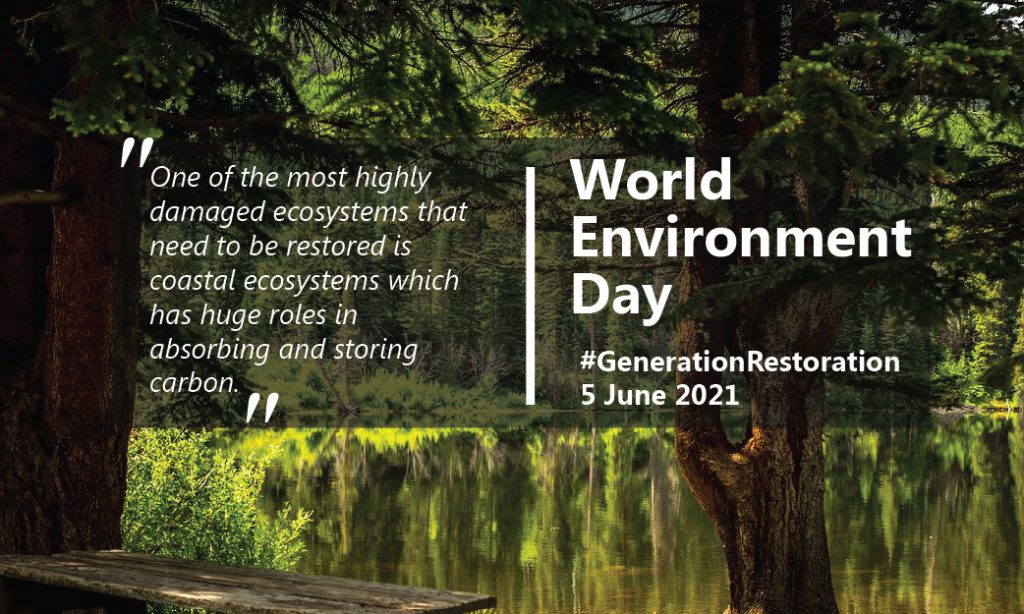
Once again, the world is celebrating World Environment Day (WED) 2021 on June 5. This year WED promotes #GenerationRestoration tagline aiming to enhance our generation to support peace with nature through ecosystem restoration. Quoting Geneva Environment Network, ecosystem restoration means assisting in the recovery of ecosystems that have been degraded or destroyed, as well as conserving the ecosystems that are still intact. One of the most highly damaged ecosystems that need to be restored is coastal ecosystems which has huge roles in absorbing and storing carbon.
Glimmer of Hope in Addressing Climate Change with the Net-Zero Scenario
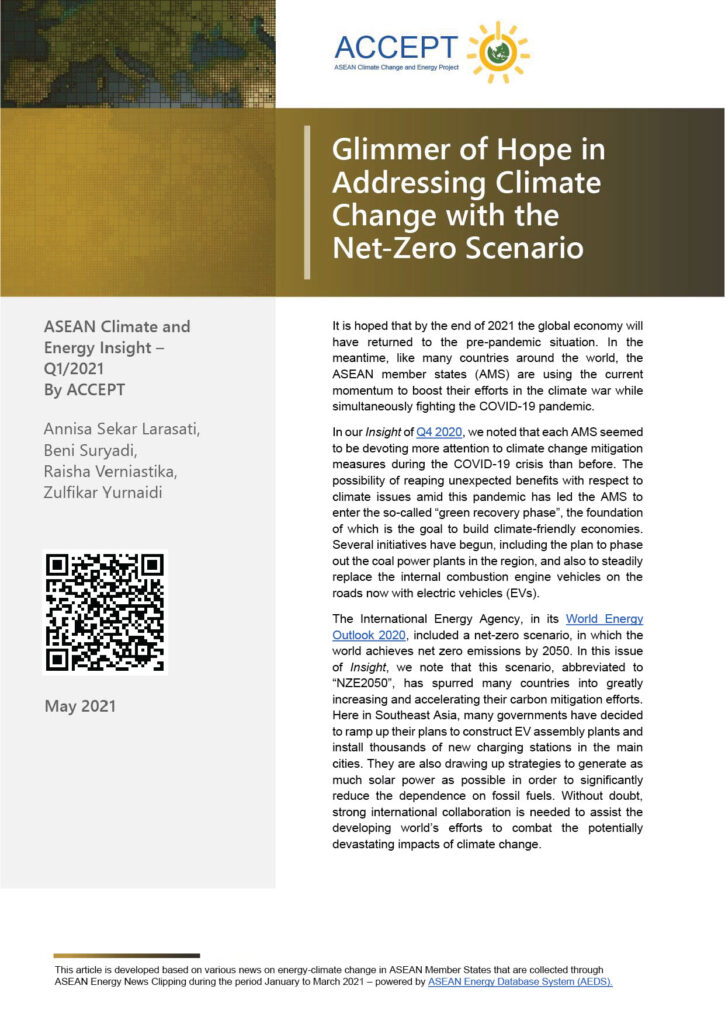
Entering the new year of 2021, the world could not shrug off the pandemic just yet. Mixed messages from vaccine development and new virus strain solidifies 2021 as another year of uncertainty. But cautious optimism lingers, especially in renewables sector.
Celebrating Earth Day 2021: Energy-Climate Actions to “Restore Our Earth”
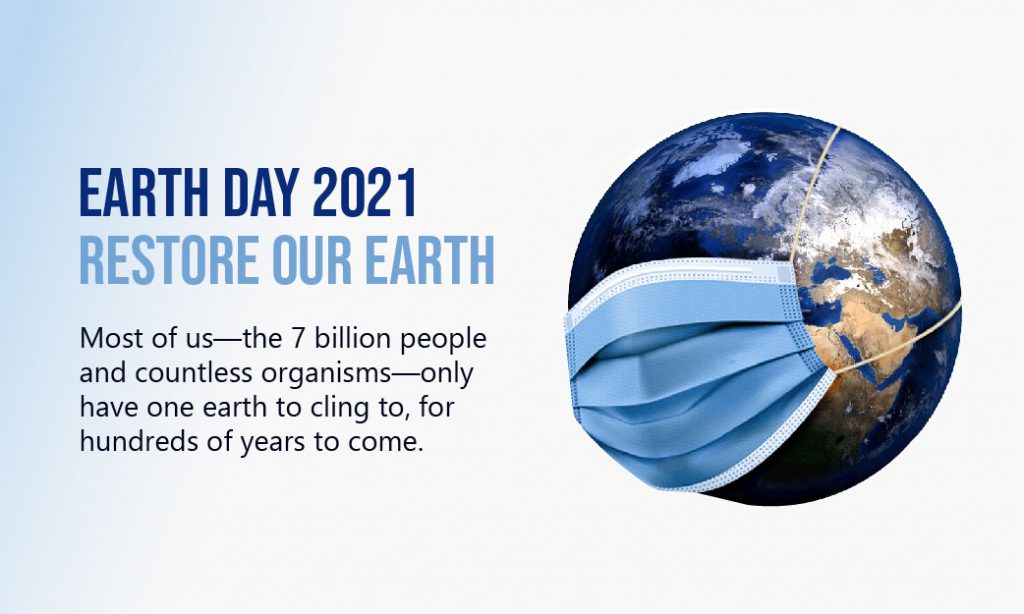
The annual celebration of Earth Day started as early as 1970, when 20 million US citizens went to the street and called for better protection of the earth. It went global in 1990, and now it claimed to be able to engage 1 billion people in 190+ countries every year.
The Media Can Propel Energy Transition

In our life today, the media play a huge role in public policy making. The media’s ability to influence is affected by several factors, such as accessibility, trust and the existing linkage between them and the authorities.
Indonesia Needs Renewable Energy Law to Pave Way for Cleaner Energy
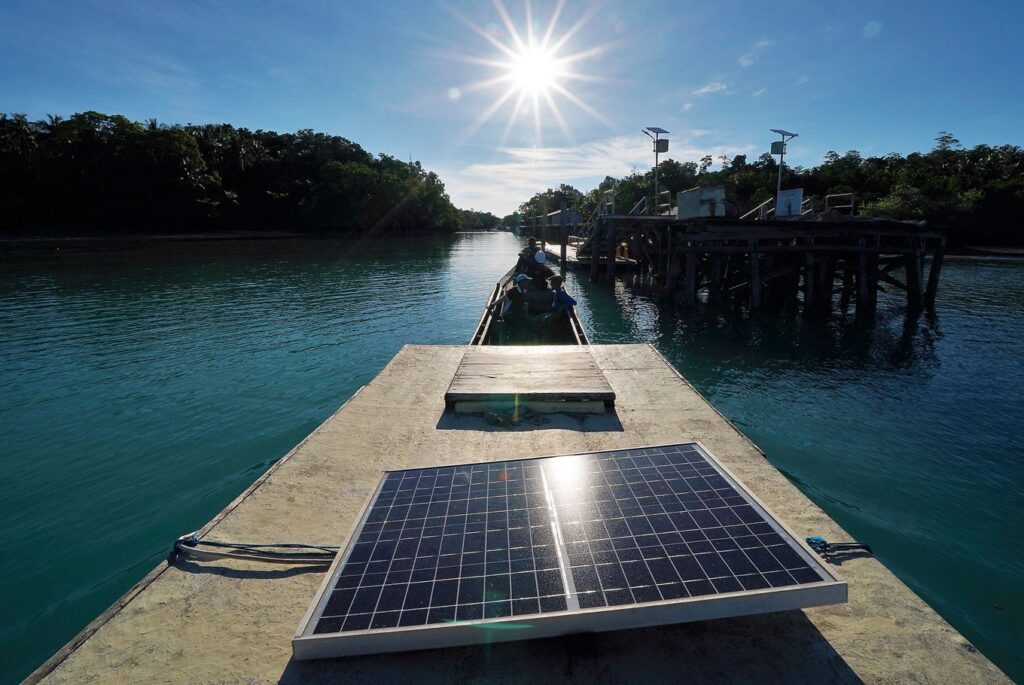
Given its abundant renewable energy potential, Indonesia has set an ambitious target of increasing the share of renewable energy.
[Exclusive] Engaging Women in Southeast Asia Energy Development, Lesson Learnt from Norway
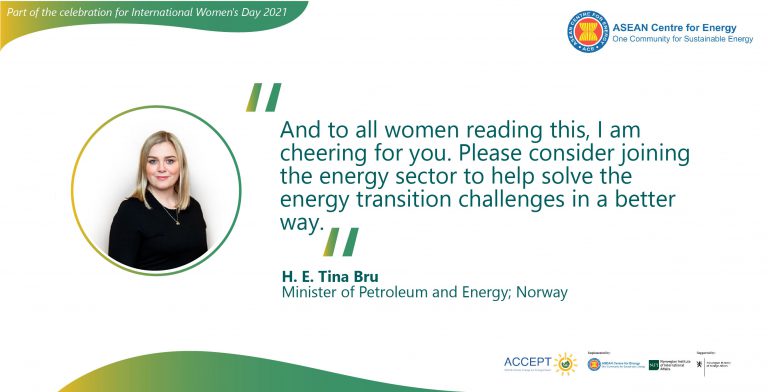
From Norway, Ms Tina Bru, Minister of Petroleum and Energy; Norway, gave her perspective on women in the Energy-Climate with her writing with the title “Engaging Women in Southeast Asia Energy Development, Lesson Learnt from Norway”.
Women in Energy Short Opinions
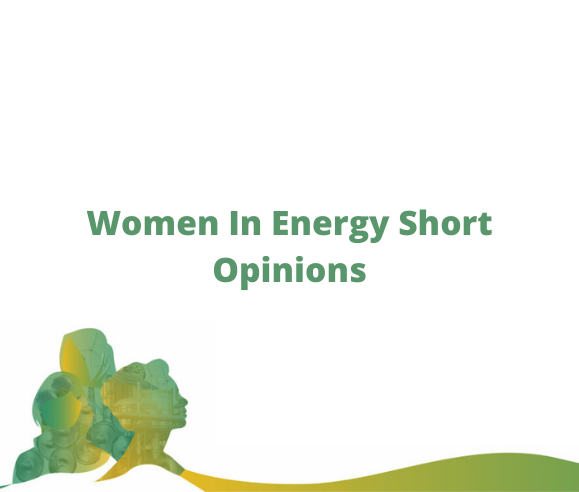
We collected the voice of women about their role in inclusive energy transition in ASEAN.











